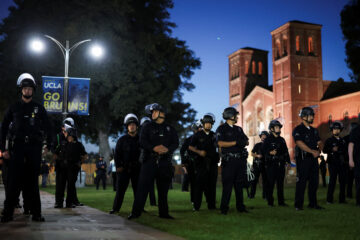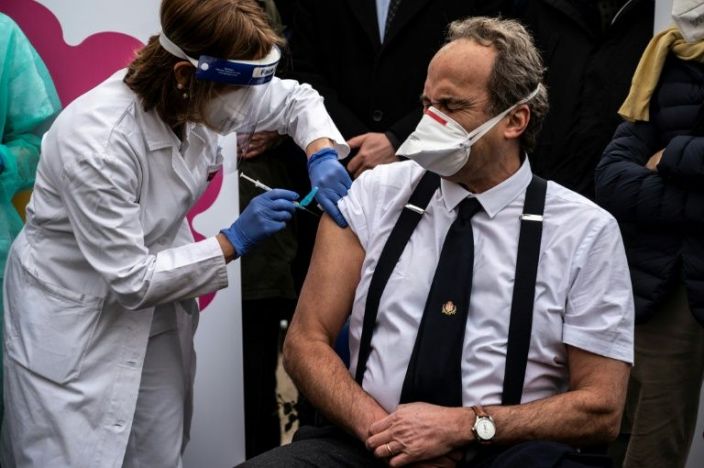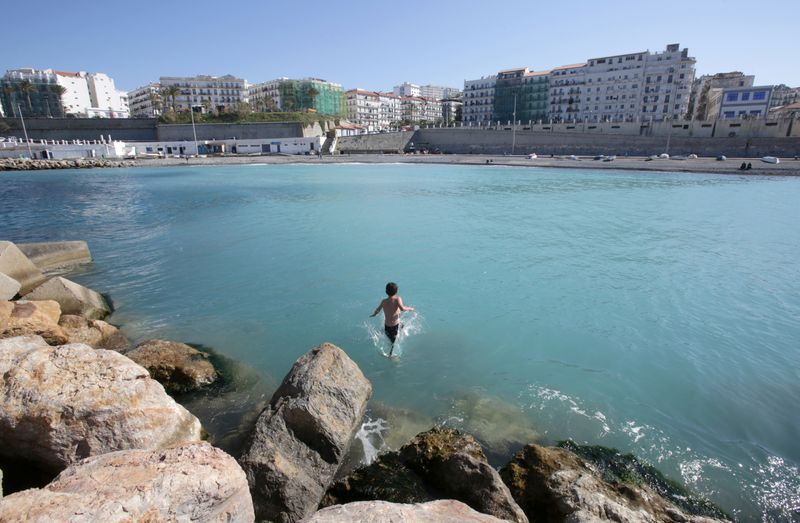Voters in El Salvador, Colombia choose president, lawmakers
Polls have closed in the second round of El Salvador\’s presidential election, with a former far-left fighter favoured to win the runoff vote.
Opinion polls ahead of Sunday\’s vote suggested that Salvador Sanchez Ceren from the Farabundo Marti National Liberation Front (FMLN) was comfortably ahead of Norman Quijano, the candidate of the conservative Nationalist Republican Alliance (ARENA) and mayor of the capital, San Salvador.
However, with 84.49 percent of returns tallied, Sanchez Ceren only had a narrow majority, 50.13 percent to 49.87, electoral authorities reported
"I am absolutely certain that today the people will confirm the decision they made in the first round," Mauricio Funes, the outgoing president, told reporters after casting his own vote.
Sanchez Ceren, 69, is a teacher by profession and the country\’s current vice president. He is also a former education minister, and was a leading FMLN commander during the country\’s civil war.
He fell just shy of an outright victory in the first round last month and polls now give Sanchez Ceren an advantage of between 10 and 18 points, AFP news agency reported.
Quijano, 67, is a law and order candidate who has campaigned against the country\’s high crime rate and the notorious "mara" street gangs at the root of much of El Salvador\’s drug dealing and extortion rackets.
A victory by Salvador Sanchez Ceren of the ruling Farabundo Marti National Liberation Front, the FMLN, would make him the first guerrilla commander to hold the presidency since a truce ended a devastating 13-year civil war in 1992.
Elsewhere, polls have closed in Colombia\’s legislative elections that are seen as a referendum on peace talks with the Marxist group the Revolutionary Armed Forces of Colombia (FARC) and a trial run for a presidential vote in May.
Since they opened in late 2012 in Cuba, the talks that President Jose Manuel Santos has held with the fighters have dominated political life in Colombia.
In total 102 Senate seats and 168 seats in the lower chamber were up for grabs on Sunday in the country of 47 million.
Santos is seeking a second term, and his three party coalition government is expected to retain control of both chambers of Congress.
That would be key for the peace process, which so far enjoys the support of most Colombians, the AFP news agency reports.
"I am calling for all Colombians to vote and for these elections to be peaceful, to be normal, for everyone to vote for whom they want and then to accept the results as in any democratic system like ours," said Santos after voting.
Alvaro Uribe, Santos\’ predecessor and the most outspoken critic of the peace talks, is expected to easily win the Senate seat he is seeking.
If Uribe and others from his Centro Democratico party are able to gain seats in both houses they could try to dilute the president\’s vision for peace, though they are not expected to gain enough seats to undo majorities Santos currently holds in both chambers.
Uribe has strongly criticised part of the possible peace deal which would allow members of the FARC to eventually run for political office without having served jail time, the Reuters news agency reports.
"I fear what will happen if they [government] sign this impunity pact with the heads of terrorism," Uribe said at a recent campaign event.
"The lack of justice impedes forgiveness, the lack of justice gives a bad example to get involved with drug trafficking.
"And many youth will leave university and school to find easy money in drug trafficking.
"The lack of justice gives a bad example when the criminal is champion and there are no conditions placed in the pardon of a criminal.
"The lack of justice could mean that there are peace accords in Havana and more violence in Colombia."
FARC, considered a terrorist organisation by the US and the European Union, largely finances itself with the illegal narcotics trade and has fought a five-decade insurgency that has killed more than 200,000 people.
A win would allow his government to continue talks with the Revolutionary Armed Forces of Colombia, FARC, which have dominated national political life since they opened in late 2012 in Havana, Cuba.
Both sides have agreed to allow the rebels to take part in national politics once the insurgency ends.
The FARC has been fighting for five decades against the Colombian government. It partly finances the insurgency through drug trafficking and frequent kidnappings of foreigners and Colombian officials.
Source: VOA and agencies
[do_widget_area inner_adsbar]










